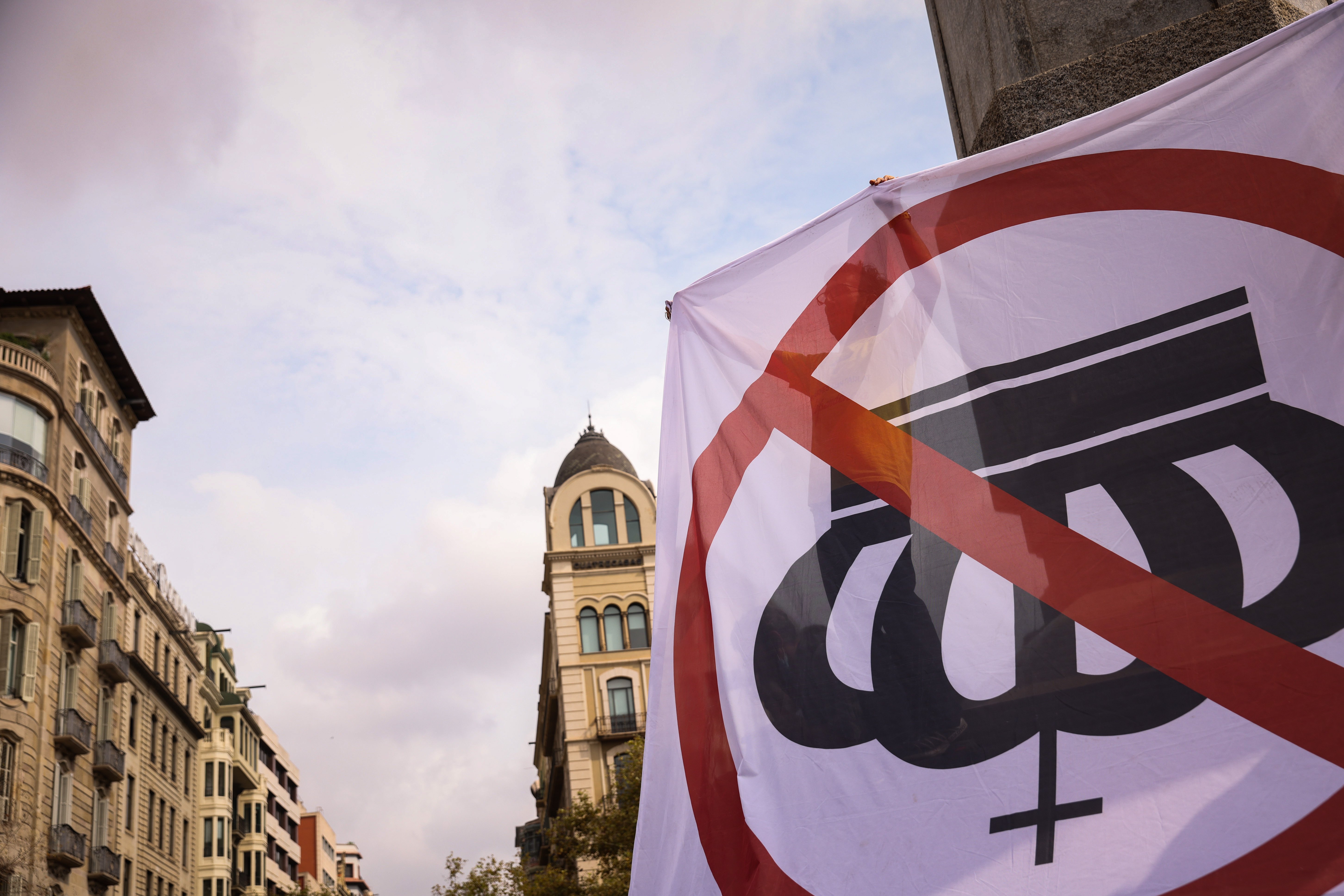When Spain's proposed law on democratic memory was first debated in the Congress of Deputies, the pro-independence parties stated immediately that it was completely insufficient. So much so that if there are no changes, it would not even have the votes to pass into law. In this context, the groups of Catalonia's ERC, Junts, PDeCAT, and CUP, Euskadi's EH Bildu and Galicia's BNG have decided to join forces and register a whole battery of joint amendments. Specifically, five texts on which all six parties from around the state agree, ranging from the modification of the 1977 Amnesty Law to the transfer of ownership of buildings such as Barcelona's Via Laietana police station. And also: the withdrawal of the title of the king.
On this last point, the pro-independence groups propose "the abolition of the title of king and the privileges that derive from it, given that it was granted by an illegal regime." In this line, they add, "the prefecture of the state was institutionalized by Franco without submitting it to a referendum so that citizens could choose the form of their state."
With regard to the Amnesty Law of 1977, they propose that the legislation itself “must not prevent courts and tribunals from investigating, judging and imposing the penalties corresponding to those responsible for having committed the crime of genocide, crimes against humanity, war crimes and other serious human rights violations”. The parties argue that "without these changes, the impunity of the crimes of Francoism and crimes against humanity continue to be perpetuated" and they recall how families have had to go to other countries to try to obtain justice.
Another central point for the pro-independence parties is the return of ownership and the conversion into museum sites of "emblematic buildings and symbols of the anti-Francoist struggle". For this reason they propose the "restitution of the ownership of the police headquarters of Barcelona's Via Laietana to the Catalan government, as well as the Palau de la Cumbre to the city council of Donostia (San Sebastián)". These transfers would be accompanied by a "due endowment" for their transformation into places of democratic memory.
The pro-independence parties also demand "recognition of cultural and linguistic persecution" during the dictatorship. "During the Franco regime, attempts were made at homogenization of identities by prohibiting teaching in languages other than Spanish, as well as the publication and use of these languages in any situation," say the groups that have presented the amendments. That is why they consider that "the state must recognize and repair the damage caused to culture for political reasons during the regime."
Finally, the groups note how, during the 1936-39 civil war and the four decades of dictatorship that followed, the Franco regime confiscated property and property from cultural associations and other legal entities. In this sense they propose the establishment of a mechanism for the "recognition and reparation of the plunder to which these institutions were subjected."
An insufficient law
The Spanish government's bill for a new law on democratic memory, fourteen years after the first, passed its first reading in the Congress of Deputies a month ago. True, it managed to pass the initial debate on admitting the bill or rejecting it completely. But it is also the case that, for the moment, it does not have the parliamentary majority that the Spanish executive seeks. On the one hand, it does not have the support of right-wing and far-right sectors who are willing to blow it to pieces. But neither does it have the votes of the historical left-wing parties such as ERC, which, like the other pro-independence groups, denounced all the shortcomings and deficits of the project presented by minister Félix Bolaños.
The PSOE's response
This Monday there was a response from the Socialists to the pro-independence proposal to withdraw the king's title. In the same vein as always, the spokesperson for the executive, Felipe Sicilia, closed the door on it. "They know the PSOE's position, which we have expressed in Congress. Today we respect the constitutional pact, the parliamentary monarchy, the role of the figure of Felipe VI, and therefore right now, for us, this is not up for debate", Sicilia told a news conference. Nevertheless, he was convinced that they will have the numbers to pass the new law by reaching agreements with left-wing parties. He avoided taking any position on a possible transfer of the Via Laietana police station.

